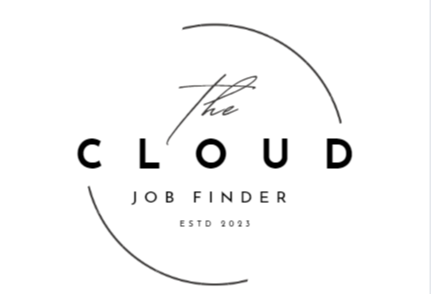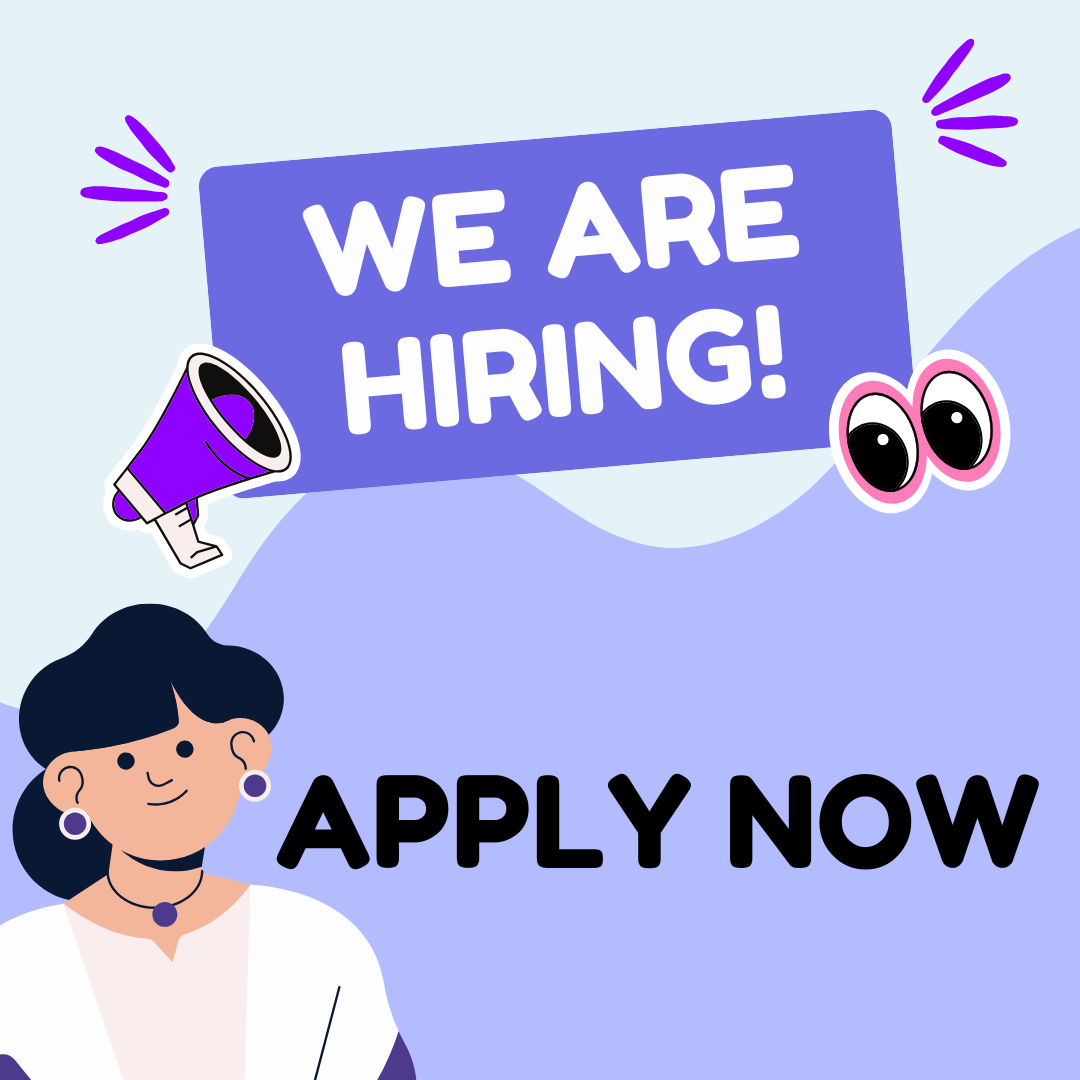Entry-Level Cloud AI Jobs: How to Get Your First Position in 2025
Key Facts
Introduction
Cloud computing and AI are reshaping the job market, and entry-level cloud AI jobs are more accessible than ever. As AI-powered automation, machine learning (ML), and generative AI become standard in cloud environments, companies are seeking AI-skilled cloud professionals to fill high-demand roles.
This guide provides a clear roadmap for landing your first cloud AI job in 2025, covering essential skills, certifications, portfolio development, and job search strategies.
Step 1: Understanding Entry-Level Cloud AI Job Roles
Many cloud AI roles do not require extensive experience but do require AI fundamentals and cloud computing knowledge.
Common Entry-Level Cloud AI Roles
| Job Role | Primary Responsibilities | Average Salary (Entry-Level) |
|---|---|---|
| Cloud AI Associate | Supports AI model deployments in the cloud. | $80K – $100K |
| AI/ML Cloud Technician | Manages AI-powered cloud services and APIs. | $85K – $105K |
| Cloud AI Support Engineer | Troubleshoots AI service issues and optimizes models. | $90K – $110K |
| Data Analyst (Cloud AI) | Uses AI for cloud-based data analytics. | $80K – $100K |
| MLOps Associate | Automates and monitors AI model deployments in the cloud. | $95K – $115K |
🔹 Why This Matters: Employers are hiring for AI-driven cloud roles at all levels, even without prior experience, if you have the right skills and projects.
Step 2: Learning Essential Cloud AI Skills
Technical Skills for Entry-Level Cloud AI Jobs
- Cloud AI Services:
- AWS: Amazon Bedrock, SageMaker, Rekognition.
- GCP: Vertex AI, BigQuery ML, AutoML.
- Azure: Azure OpenAI, AI Services, Machine Learning Studio.
- Python & AI Fundamentals: TensorFlow, PyTorch, Scikit-learn.
- Data Analytics & Visualization: SQL, Pandas, Power BI, Looker.
- Infrastructure as Code (IaC): Terraform, CloudFormation.
- CI/CD & Automation: GitHub Actions, Jenkins, MLOps Pipelines.
🔹 Key 2025 Trend: AI-driven cloud automation will replace manual cloud management, making AI skills a necessity.
Step 3: Earning Cloud AI Certifications
Certifications increase job prospects and help you stand out.
Best Entry-Level Cloud AI Certifications
| Certification | Focus Area | Cloud Provider |
|---|---|---|
| AWS Cloud AI Practitioner | AI/ML fundamentals on AWS | AWS |
| Google Cloud Associate Data Practitioner | AI & data analytics in GCP | GCP |
| Azure AI Engineer Associate (AI-102) | AI model deployment & APIs | Azure |
| AWS Machine Learning Associate | AI-powered automation & ML pipelines | AWS |
| Certified AI-900 (Azure AI Fundamentals) | AI concepts & cloud AI services | Azure |
🔹 Why This Matters: By 2025, cloud AI certifications will be a hiring requirement for most cloud AI jobs.
Step 4: Gaining Hands-On AI/Cloud Experience
Employers prioritize real-world AI projects over academic credentials.
How to Gain AI & Cloud Experience for Entry-Level Jobs
- Cloud Free Tiers: AWS, Azure, and GCP provide free AI/ML services.
- Hands-On Labs: Google Cloud Skill Boost, AWS CloudQuest, Azure AI Labs.
- Kaggle & Open-Source AI Projects: Work on real datasets using cloud AI tools.
- Freelance AI Work: Gain experience through Fiverr, Upwork, or Toptal.
🔹 Portfolio Project Example: Deploy a serverless AI chatbot using Amazon Bedrock, Vertex AI, and Azure OpenAI.
Step 5: Building an AI-Powered Cloud Portfolio
A strong portfolio demonstrates your ability to apply AI in the cloud.
What to Include in a Cloud AI Portfolio
- Cloud-Based Portfolio Website: Host on AWS S3, GCP Cloud Storage, or Azure Static Web Apps.
- AI-Powered Cloud Projects: Deploy AI-driven applications using cloud services.
- GitHub Repository: Showcase IaC templates, automation scripts, and AI models.
- Technical Blog or Documentation: Explain project implementation and AI workflows.
🔹 Portfolio Project Example:
- Develop an AI-driven fraud detection system using AWS SageMaker & Vertex AI.
Step 6: Finding Entry-Level Cloud AI Jobs
Best Platforms for AI-Focused Cloud Jobs
| Job Board | Focus |
|---|---|
| LinkedIn Jobs | Entry-level AI & cloud engineering roles |
| Google AI Careers | AI research & cloud AI jobs |
| AWS Careers | AI/ML cloud roles in AWS |
| Microsoft AI Jobs | Azure AI job listings |
| CloudJobFinder.online | AI-specific cloud job opportunities |
Optimizing Your Job Applications
- Customize Resume & Cover Letter: Highlight AI-powered cloud projects.
- Network on LinkedIn: Connect with AI/cloud recruiters and professionals.
- Join AI & Cloud Communities: Engage in AWS AI, Google AI, and Azure AI forums.
- Apply to AI Internships & Apprenticeships: Gain industry experience.
🔹 Why This Matters: AI-powered job applications (using ChatGPT for resume optimization) will be common in 2025.
Step 7: Acing the AI Cloud Job Interview
Interviewers expect both cloud AI knowledge and soft skills.
Common Cloud AI Interview Questions
- Technical:
- Explain how AI improves cloud automation.
- How would you deploy an AI-powered chatbot in the cloud?
- What’s the difference between serverless AI and traditional ML deployments?
- Scenario-Based:
- How would you use AI to optimize cloud costs?
- How would you troubleshoot a machine learning model in production?
- Soft Skills & Remote Work Readiness:
- How do you stay productive in a remote AI/cloud role?
- How do you collaborate with non-technical teams on AI projects?
🔹 Preparation Tip: Practice on LeetCode for AI/cloud coding and System Design Interviews for AI model deployment.
Step 8: Advancing Your Career Beyond Entry Level
After landing an entry-level job, continuing AI/cloud learning is key to career growth.
How to Advance in Cloud AI Careers
- Specialize in AI/ML: Earn AWS ML Specialty, GCP AI Engineer, or Azure AI Expert certifications.
- Work on Multi-Cloud AI Projects: Gain expertise in AWS, GCP, and Azure AI tools.
- Develop AI Security Expertise: Learn AI threat detection and governance.
- Attend AI/Cloud Conferences: Stay updated with AWS re:Invent, Google Cloud Next, and Microsoft Ignite AI events.
🔹 Why This Matters: AI expertise will drive higher salaries and career growth in cloud computing.
Conclusion
Entry-level cloud AI jobs in 2025 will require AI and cloud expertise more than ever. Employers prioritize hands-on AI projects, cloud certifications, and problem-solving skills over traditional degrees.
By building real-world AI cloud projects, gaining hands-on experience, and strategically applying for roles, you can successfully secure your first cloud AI job and advance in this rapidly growing field.


